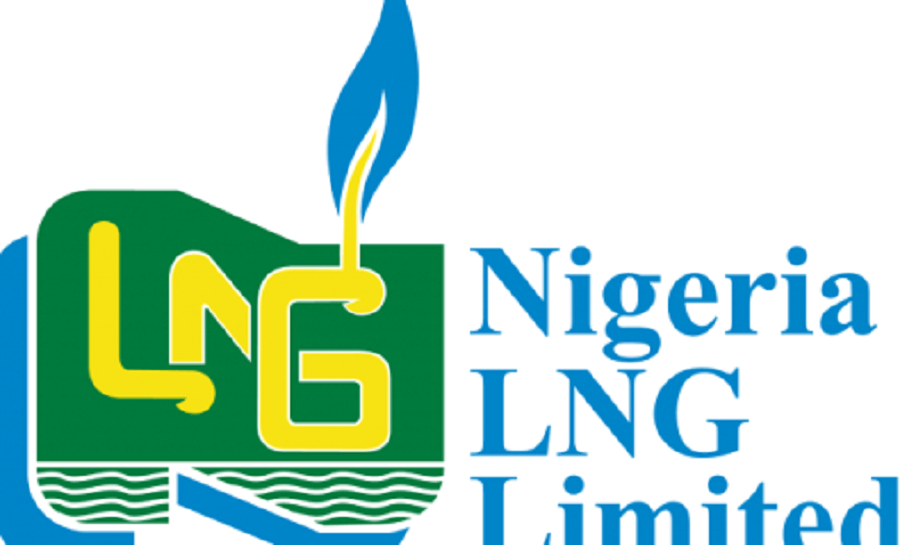- $16.8b NLNG Dividends Not Remitted to Federation Account, NEITI Insists
The Nigeria Extractive Industries Transparency Initiative (NEITI) Executive Secretary, Dr. Waziri Adio, yesterday insisted that the Nigerian Liquified Natural Gas (NLNG’s) $16.8billion accruable dividend between 2000 to 2015 was not remitted to the Federation Account.
Describing the outstanding payment as a big elephant, he noted that the Nigerian National Petroleum Corporation (NNPC) confirmed that the outstanding payment was $16.8billion.
He added that “from our records, from our reports, this money did not go to the Federation Account.”
According to him, the “the last time, we did the audit, NNPC said it got a letter from the Presidency, it should hold the money in trust and it should spend as directed.”
Adio however said NEITI requested the corporation to issue it a copy of the said letter to know whether there was any authorisation and who authorised it.
He however described the NLNG as a shadow under which people hide to question whether it was the Federal Government or the federation that made the investment in the NLNG.
He spoke in Abuja, during the Civil Society and Media Consultations on Remediation. He said: “If that money belongs to the Federal Government, that money cannot be spent without appropriation.
“If you think it belongs to the federation, that money should be with the Federation Accounts Allocation Committee (FAAC). And that money has not got there,” he said.
Adio said on the alternative, the money at the very minimum belongs to the Nigerian public, noting that it behoves on the corporation to give an account of how the money was spent.
The NEITI chief insisted that the Department of Petroleum Resources (DPR) does not still have metering infrastructure, stressing that “we cannot independently say this how much oil we produce.”
He said although Nigeria could hazard a guess about how much oil it sells, the country could not yet produce any record of how much oil it produces.
“We know how much oil we sell but we cannot specifically say that this is how much oil we produce,” he said.
He recalled that even the Federal Executive Council meeting had also made the declaration that the scale of measurement infrastructure in Nigeria is inadequate.
Adio who said there was a consensus that the metering infrastructure was inadequate, also quoted the DPR as insisting that it had the best measurement infrastructure technology in the world.
NEITI also raised question about the propriety of NNPC retention of the 450,000 barrel per day allocation to domestic refineries when it refined little or nothing at the moment.
The NNPC, according to NEITI, always claimed that “domestic crude oil allocation is dictated by the need to ensure products availability in the country rather than refinery capacity. Domestic crude allocation should match local refining capacity.”
NEITI said other pending issues were cash calls wrongly paid to Nigerian Petroleum Development Company (NPDC) by NAPIMS in respect of the Nigeria Agip Oil Company Joint Venture.
The remediation summary noted that “Part of the money was refunded to NAPIMS who could not show evidence of remittance of same to the federation account. NAPIMS also failed to produce an appropriate authority to expend the refunds. It’s least response failed to address the issue that it lacks authority to expend refunds.”

 Forex4 weeks ago
Forex4 weeks ago
 Naira4 weeks ago
Naira4 weeks ago
 Billionaire Watch4 weeks ago
Billionaire Watch4 weeks ago



 Naira4 weeks ago
Naira4 weeks ago






 Naira3 weeks ago
Naira3 weeks ago


 Naira3 weeks ago
Naira3 weeks ago






 Naira3 weeks ago
Naira3 weeks ago
 Economy4 weeks ago
Economy4 weeks ago
























